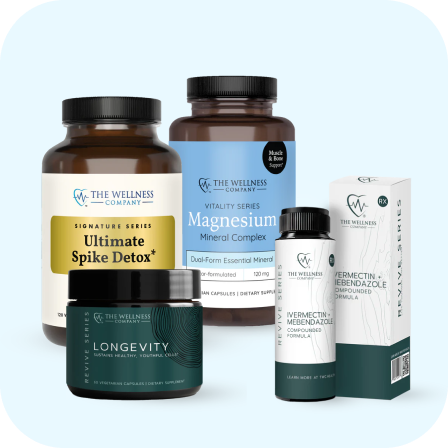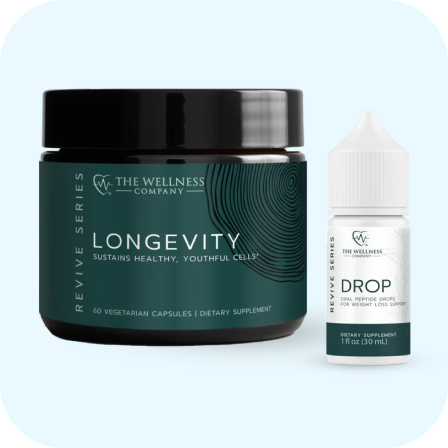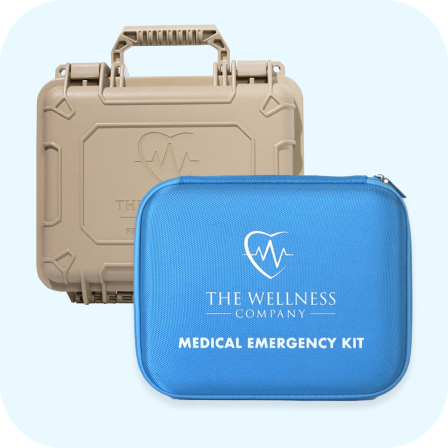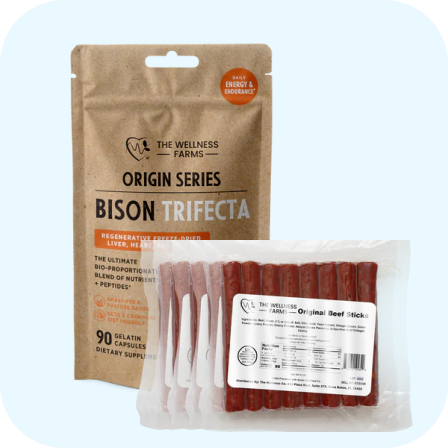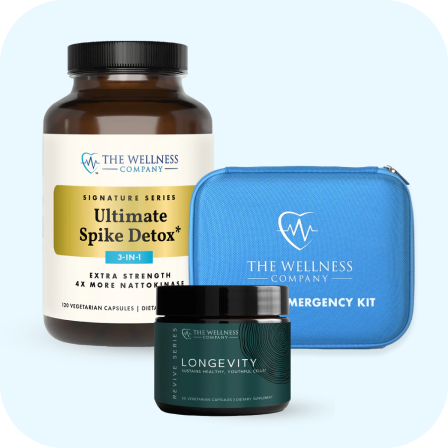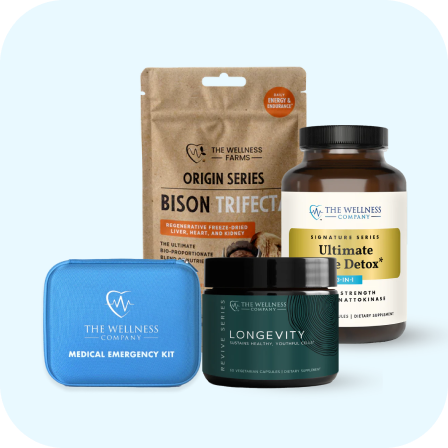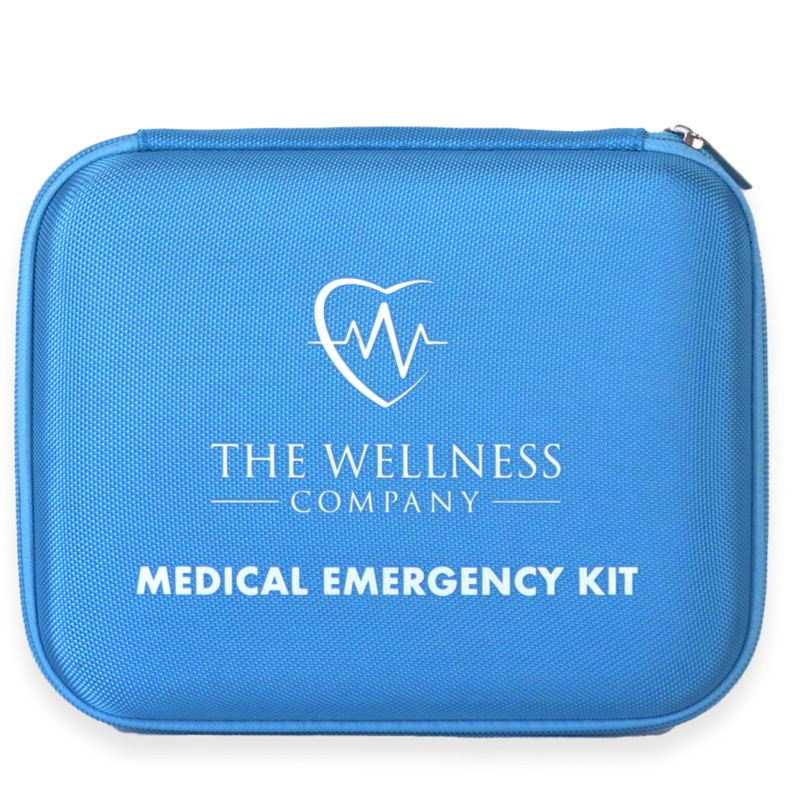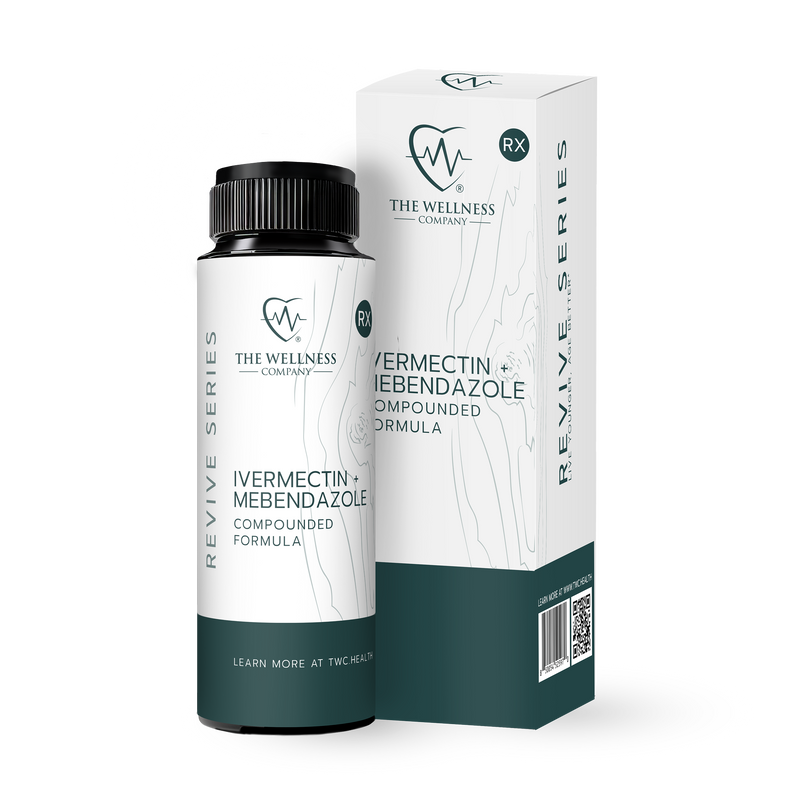Elevate Your Energy Level by Doing These 5 Things
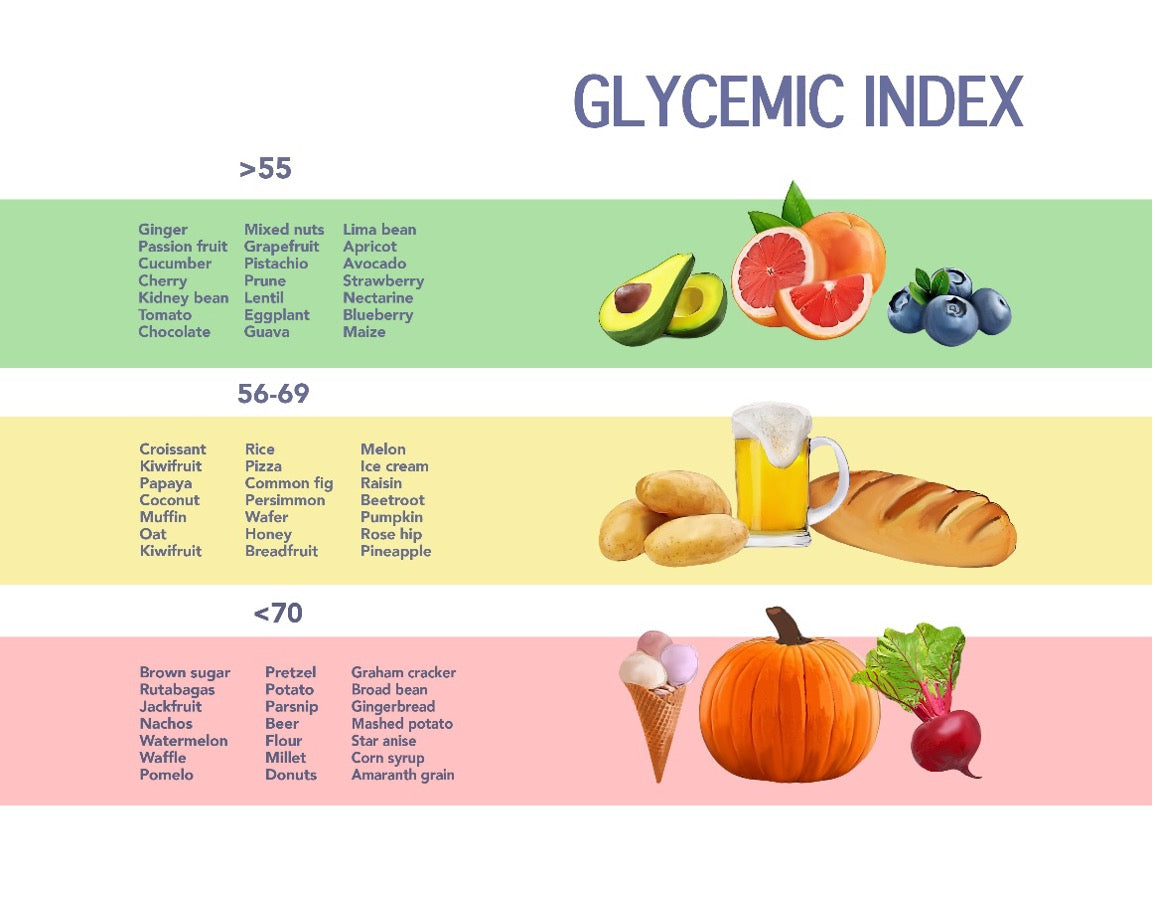
Up to 45 percent of the general population report fatigue and lack of energy
Stress, long hours at the office, poor nutrition, and lack of exercise are contributing to our fatigue.
There are over-the-counter and pharmaceutical medications that are touted to increase energy and improve athletic performance. However, there are natural, safer ways to achieve higher levels of energy.
After you have ruled out and managed any health-related conditions that may be causing you fatigue, brain fog, low energy, or loss of focus, such as
- Long covid
- Diabetes
- Heart and cardiovascular diseases
- Sleep disorders (such as sleep apnea)
- Hypothyroid
5 ways you can elevate your energy level naturally.
1. Drink water, and lots of it. Fatigue and mental fog are associated with dehydration. Given that 75% of our brain’s tissues are composed of water, drinking water will enhance cognition, relieve fatigue, and keep your brain working in top order. Research shows mild dehydration, defined as losing as little as 1-2 percent of body weight in fluids can impair physical performance, and significantly affect your energy level.
How much water should you drink? Replacing your lost fluids with electrolytes and quality water depends on your activity and other factors. Signs of dehydration include:
- Extreme thirst
- Less frequent urination
- Dark-colored urine
- Fatigue
- Dizziness
- Confusion
Check out this water intake calculator to determine how much water you should drink.
What is quality water? Well, the public municipal water supply must add powerful chemicals to “disinfect” our water supply. At least 45% of the nation’s tap water is estimated to have one or more types of chemicals known as per- and polyfluorinated alkyl substances, or PFAS, also known as the “forever chemicals”. The EPA has information on common water contaminants and what you can do about them. At the very least, opt for a charcoal filter pitcher, and be sure to remember to use shower head filters (with activated charcoal or other effective media) to remove harmful chemicals.
Energy drinks are a popular option for water. They may contain taurine, ginseng, guarana, caffeine, or B vitamins. In moderate quantities, these energy drinks are safe and can provide a boost of energy. Watch out for drinks that contain excessive amounts of caffeine (dehydrating) and ingredients such as sucralose and other artificial ingredients.
2. Avoid a sugar crash - opt for foods that are low on the glycemic index, a measure used to determine how quickly and how much certain foods raise blood glucose levels.

Focus on foods that energize and don’t cause a spike in blood sugar followed by a crash, resulting in low energy and lethargy. Start your day with a high-protein meal. Foods low on the glycemic index of less than 55 will help you maintain a steady blood glucose level throughout the day. Meats and poultry have a glycemic index rating of 0.
3. Get moving! Our sedentary lifestyles can make us sluggish and unmotivated. Natural endorphins, created through aerobic exercise (brisk walking, rebound jogging, cycling, running, or a workout at the gym) can help raise your mood and energy level. Endorphins are released, which also helps maintain a positive mood and outlook. Exercise with an accountability partner. You are more likely to stick to your routine if you have an exercise partner. If you haven’t been exercising for a while, or have a health condition such as heart disease, consult with your primary care provider before embarking on an exercise regimen. Aim for 150 minutes of moderate exercise a week.
4. Get a good night’s sleep. Sleep is one of the most overlooked but most important health practices. It is when your body repairs, detoxifies, rejuvenates, and readies for the next day’s activities. Chronic lack of sleep disrupts circadian rhythms, interrupts sleep, and negatively impacts health. It puts you at risk for developing diabetes, and certain cancers, and has an inverse relationship with exercise. Exercise promotes a good night’s sleep, and a good night’s sleep promotes increased energy levels.
To get a good night’s sleep:
- Limit caffeine consumption at least 6 hours before bedtime
- Avoid alcohol consumption in the evening. Alcohol can make you feel drowsy; however, it disrupts your circadian rhythm.
- Turn off all blue light in your home as it shuts down your natural melatonin production. This means computer screens, lights (LEDs) etc. If this isn’t possible, consider wearing a pair of amber glasses made specifically to block blue light.
- Exercise, while it is beneficial, can keep you up if done too late at night. Schedule your exercise routines earlier in the day
- Avoid eating 3 hours before bedtime. This allows your body time to digest your food and prevent indigestion and acid reflux, both of which can prevent you from falling asleep.
5. Try adaptogen supplementation. Adaptogens are any natural herbal substance (such as ginseng) that is supposed to help the body adapt to stress and exert a normalizing effect on body functions.
They can:
- increase exercise endurance.
- improve cognitive function.
- Reduce fatigue.
Some popular adaptogens known for their energy-enhancing abilities are
Supplements, just like pharmaceutical medications, can have interactions and side effects. Research these herbs before using them.
For a boost of natural energy – check out our Elevated Energy Formula!







